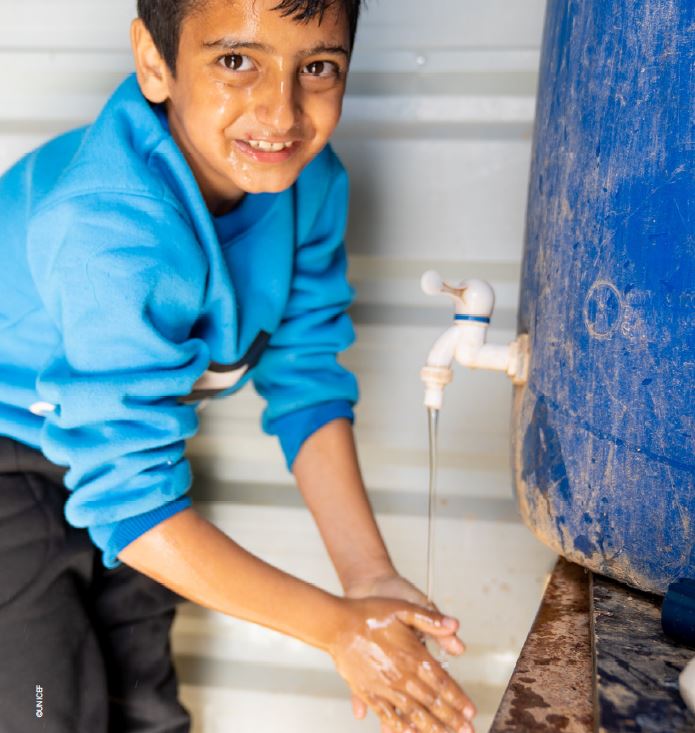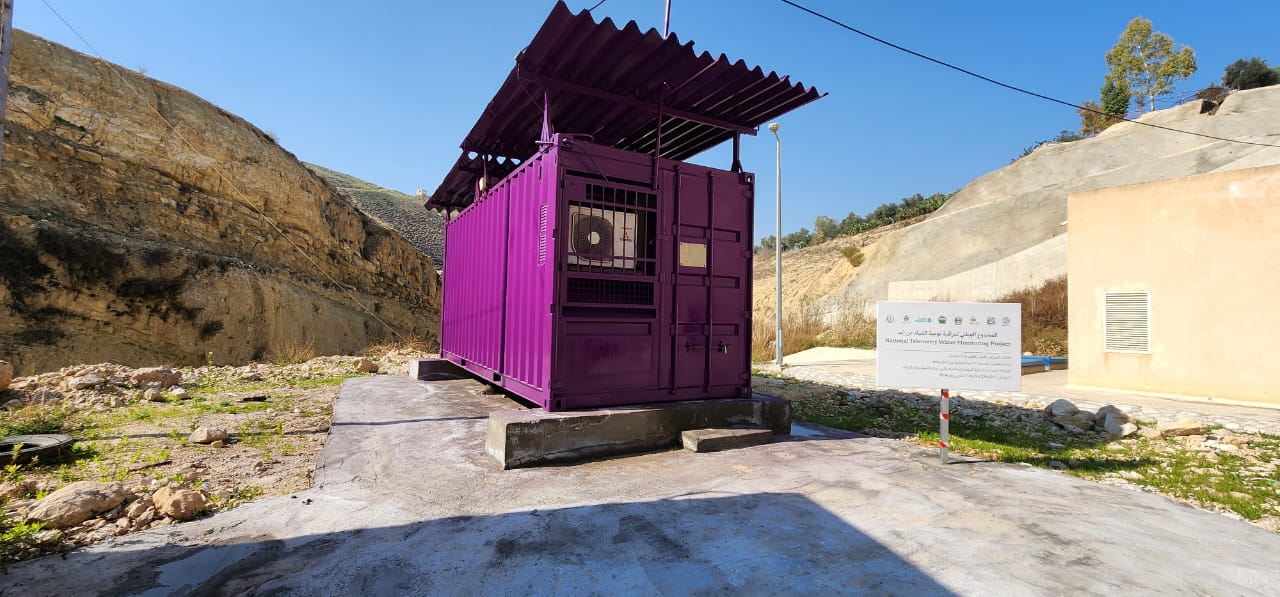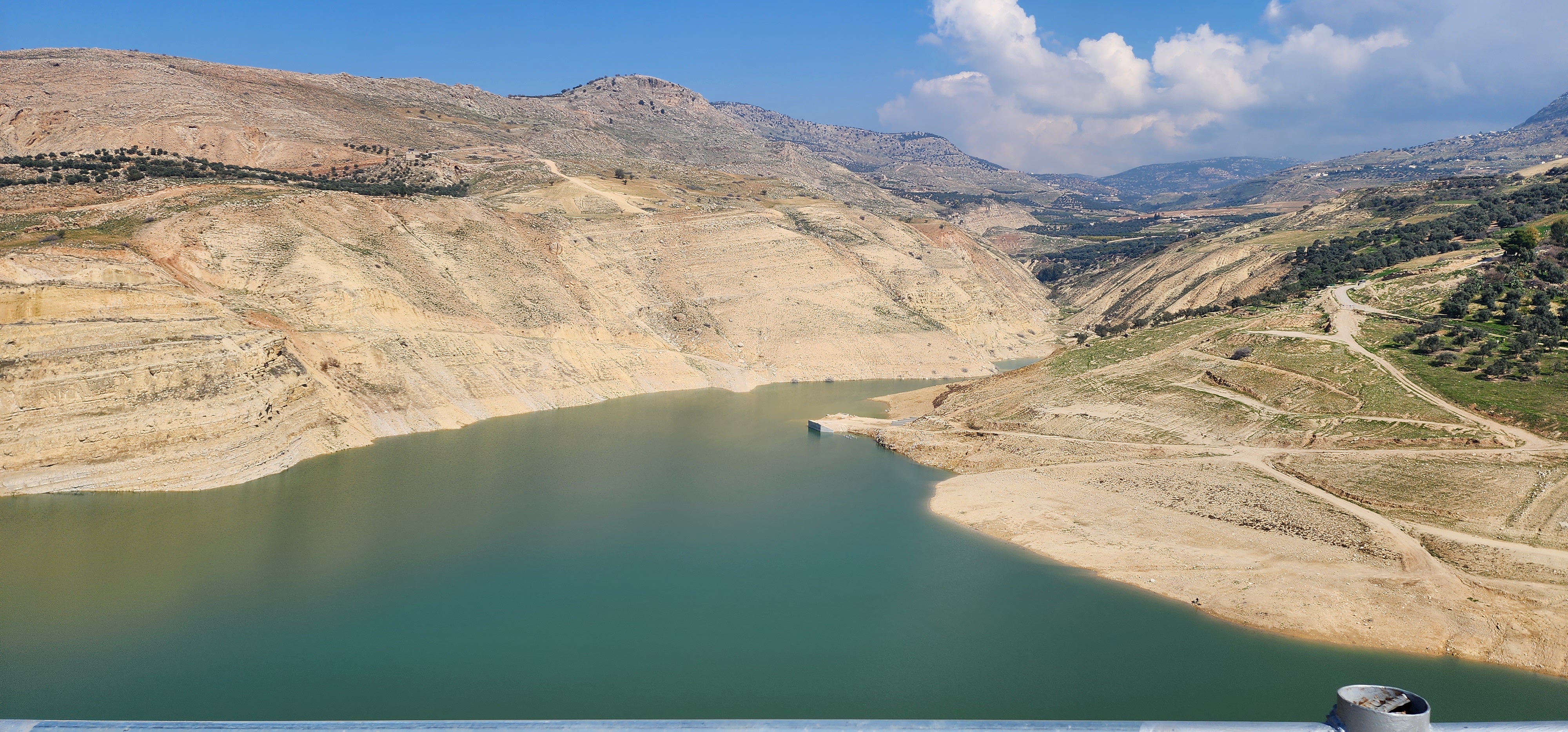





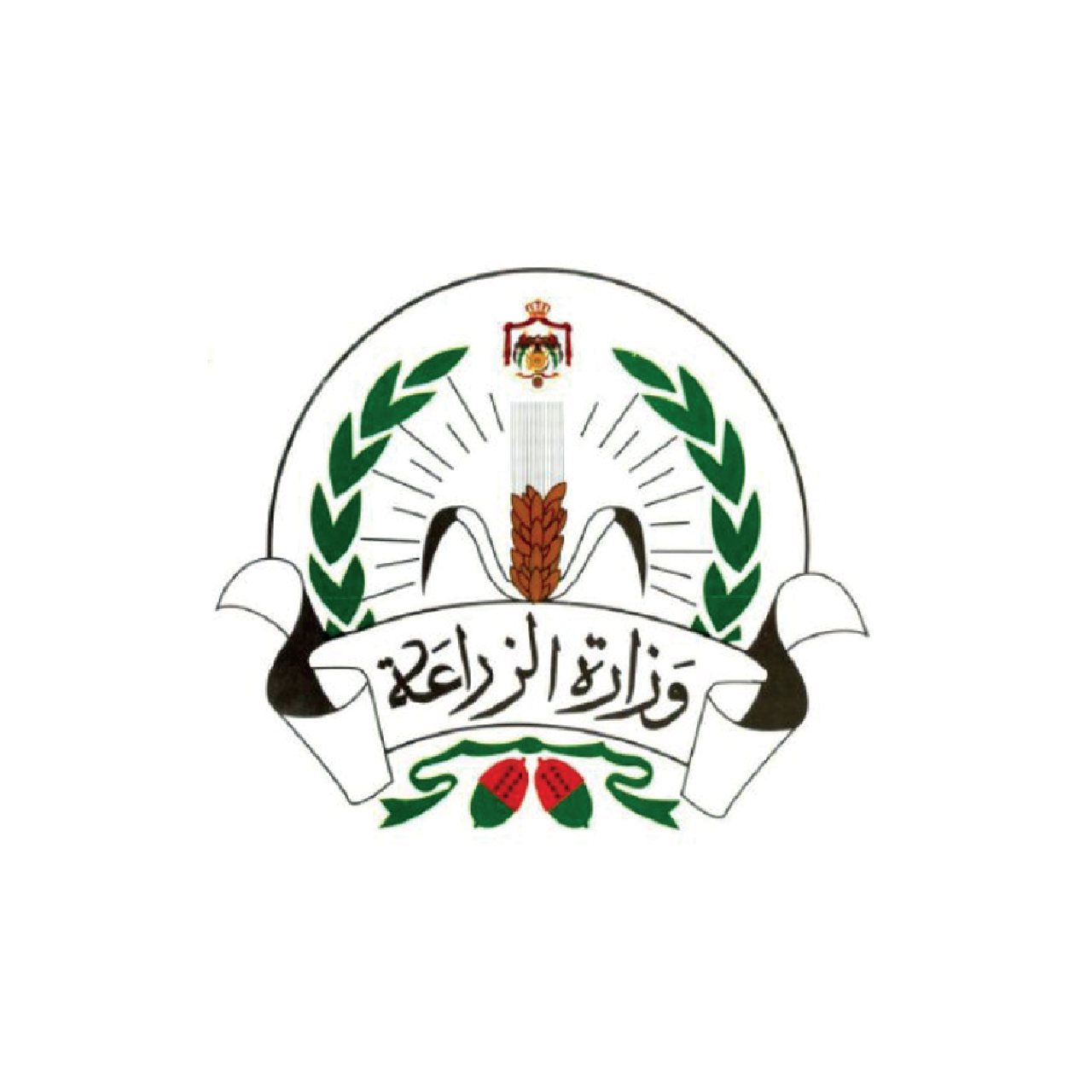
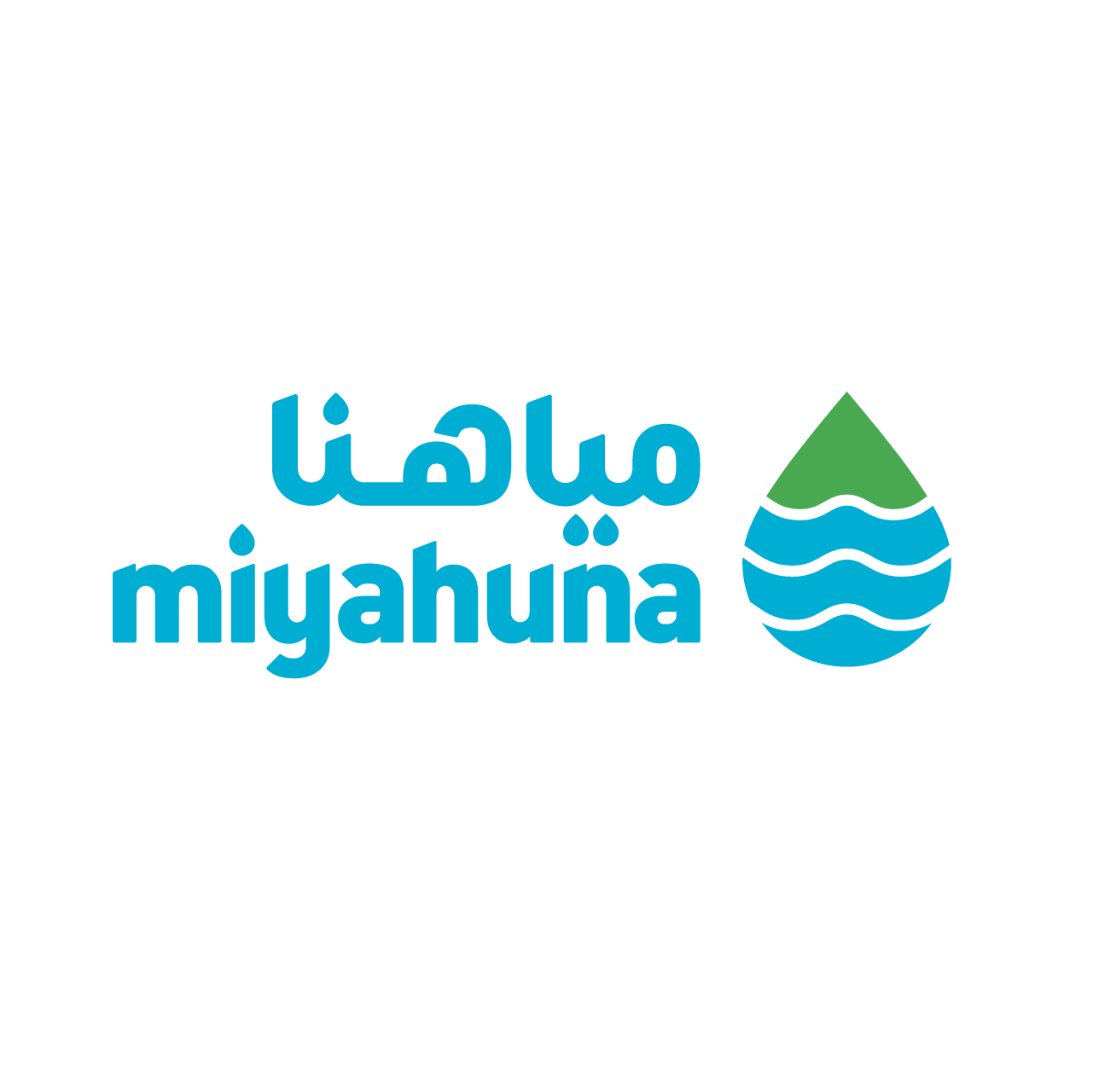
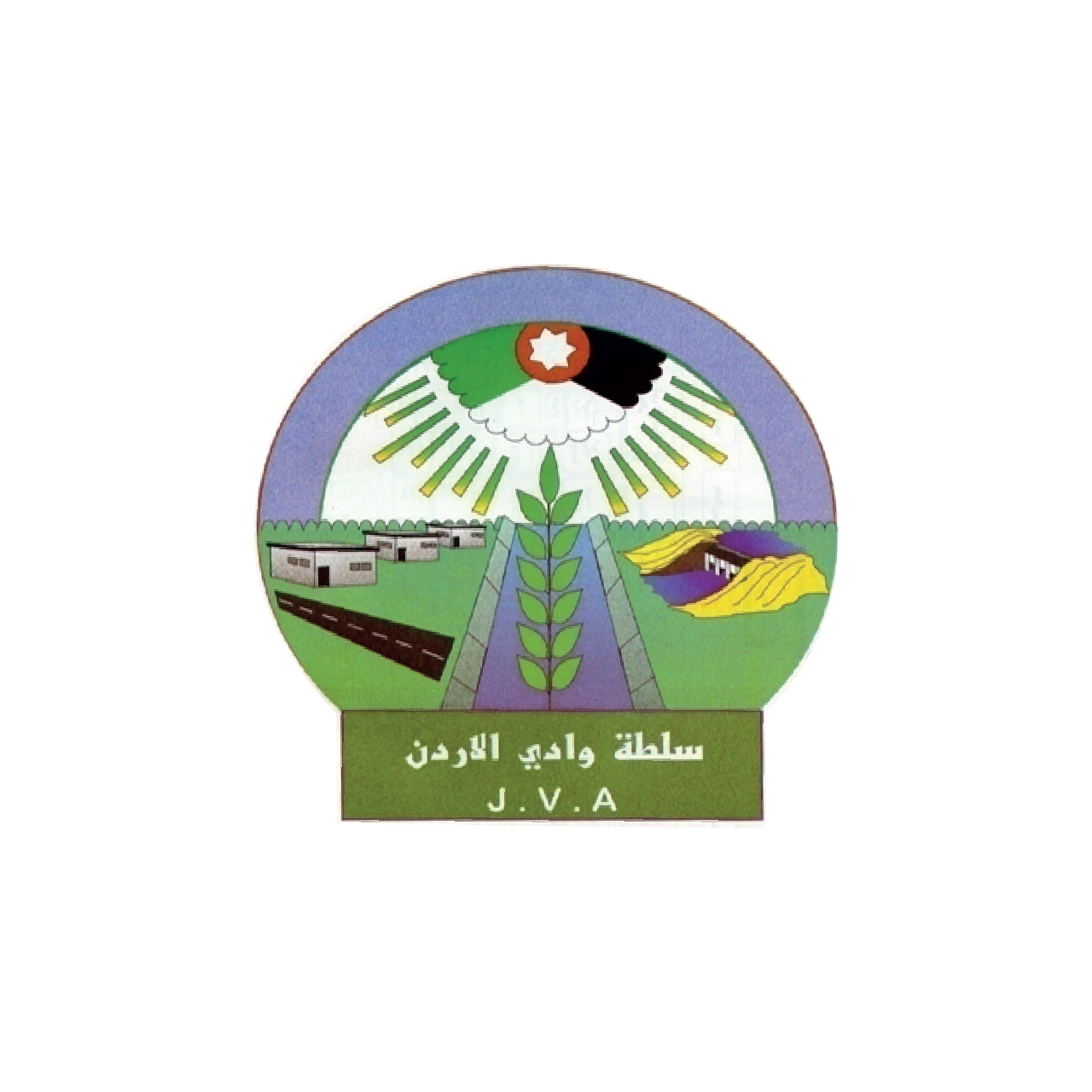
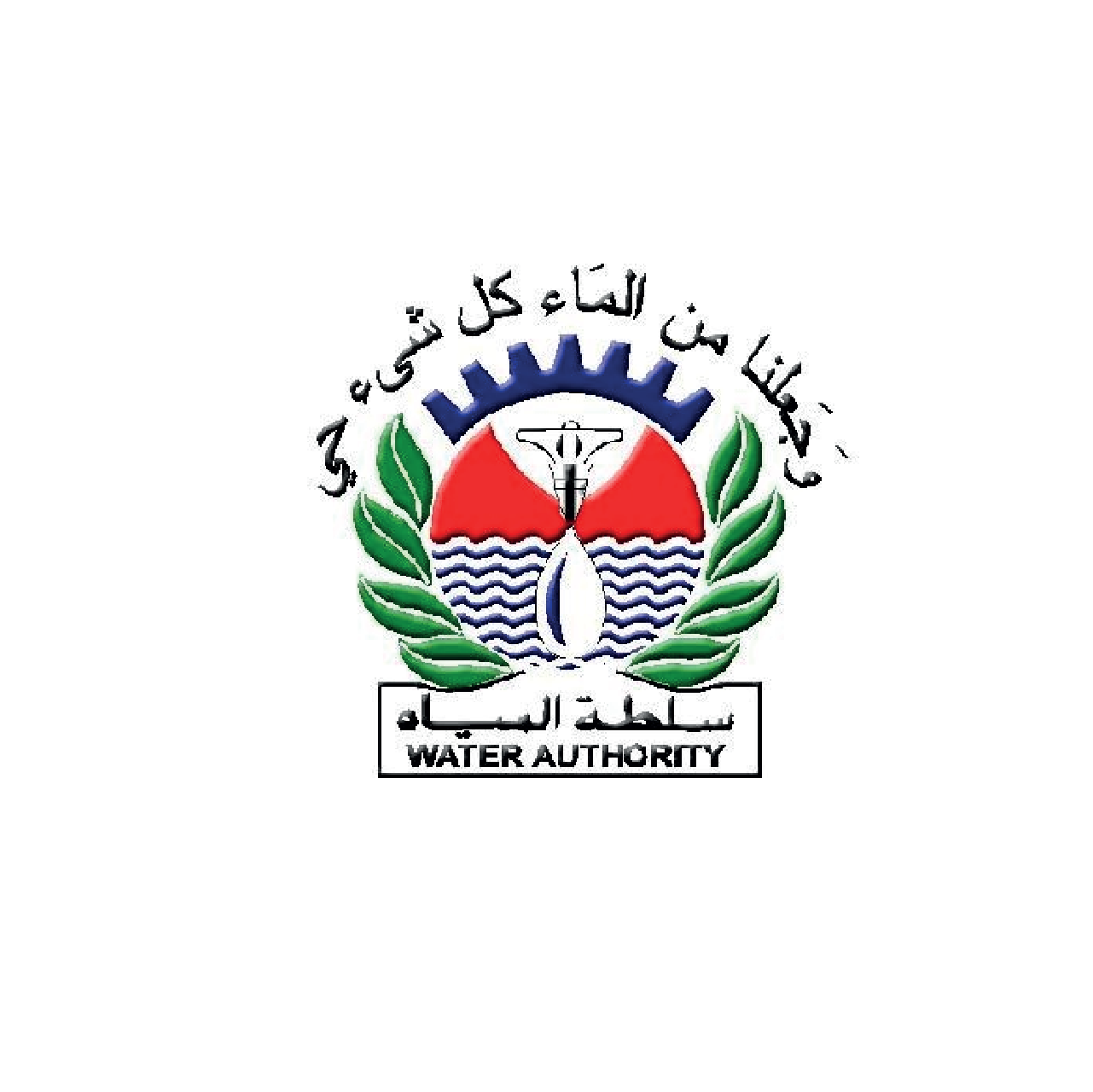
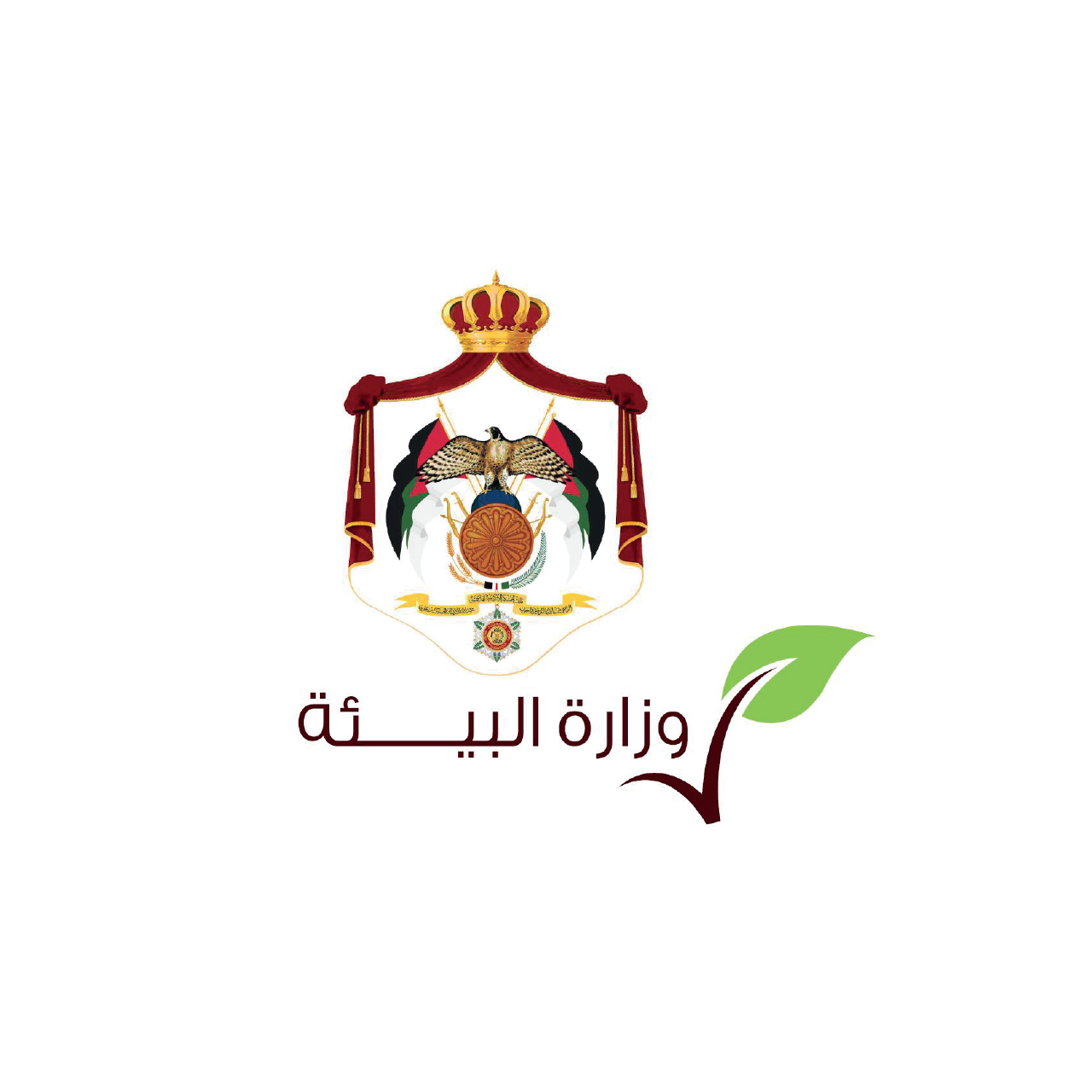

ABOUT US
Environment Monitoring Research Central Unit (EMARCU) at Royal Scientific Society (RSS) is working under the Higher Council for Science and Technology (HCST) umbrella it was established in 2003 to ensure smooth and efficient utilization of the generous grant aid provided by Japan International Cooperation Agency (JICA).
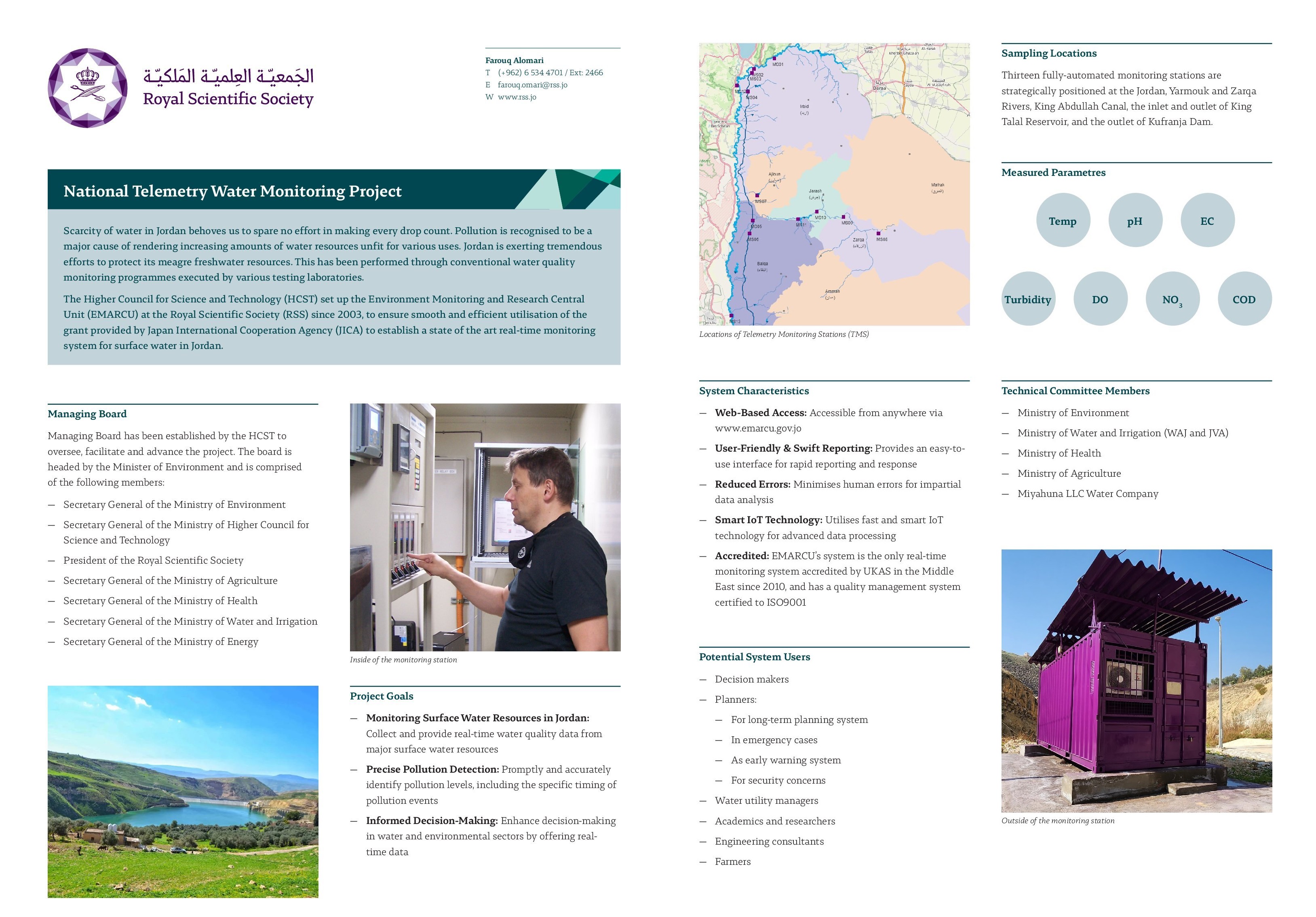
MISSION
EMARCU‘s mission is to help and support the decision makers to transform the water quality data from a real-time monitoring system (RTMS) to decisions at real time. Its ultimate objective is public health and environmental protection and sustainability.
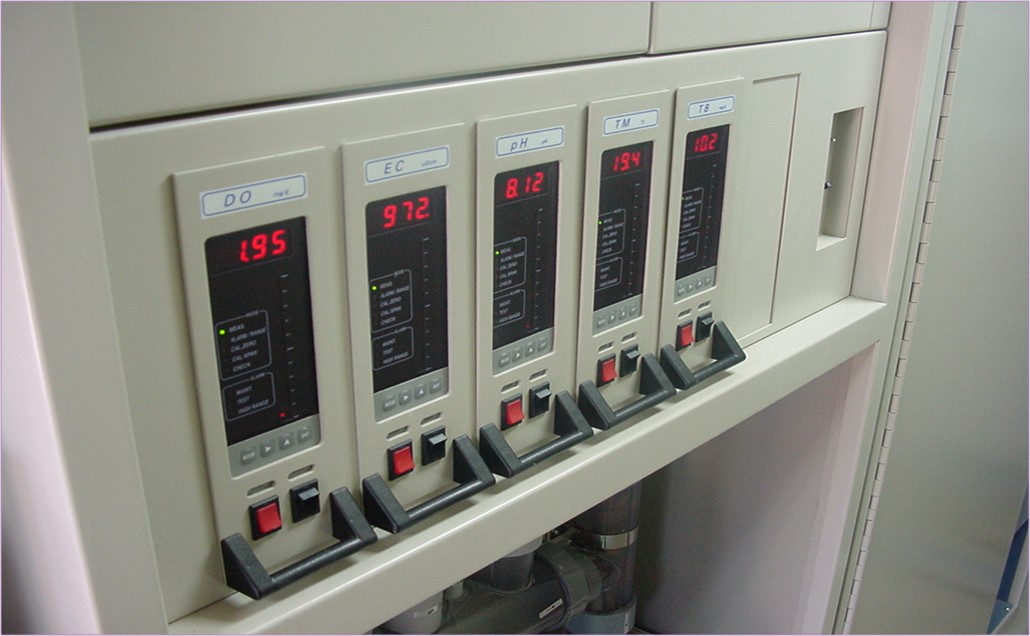
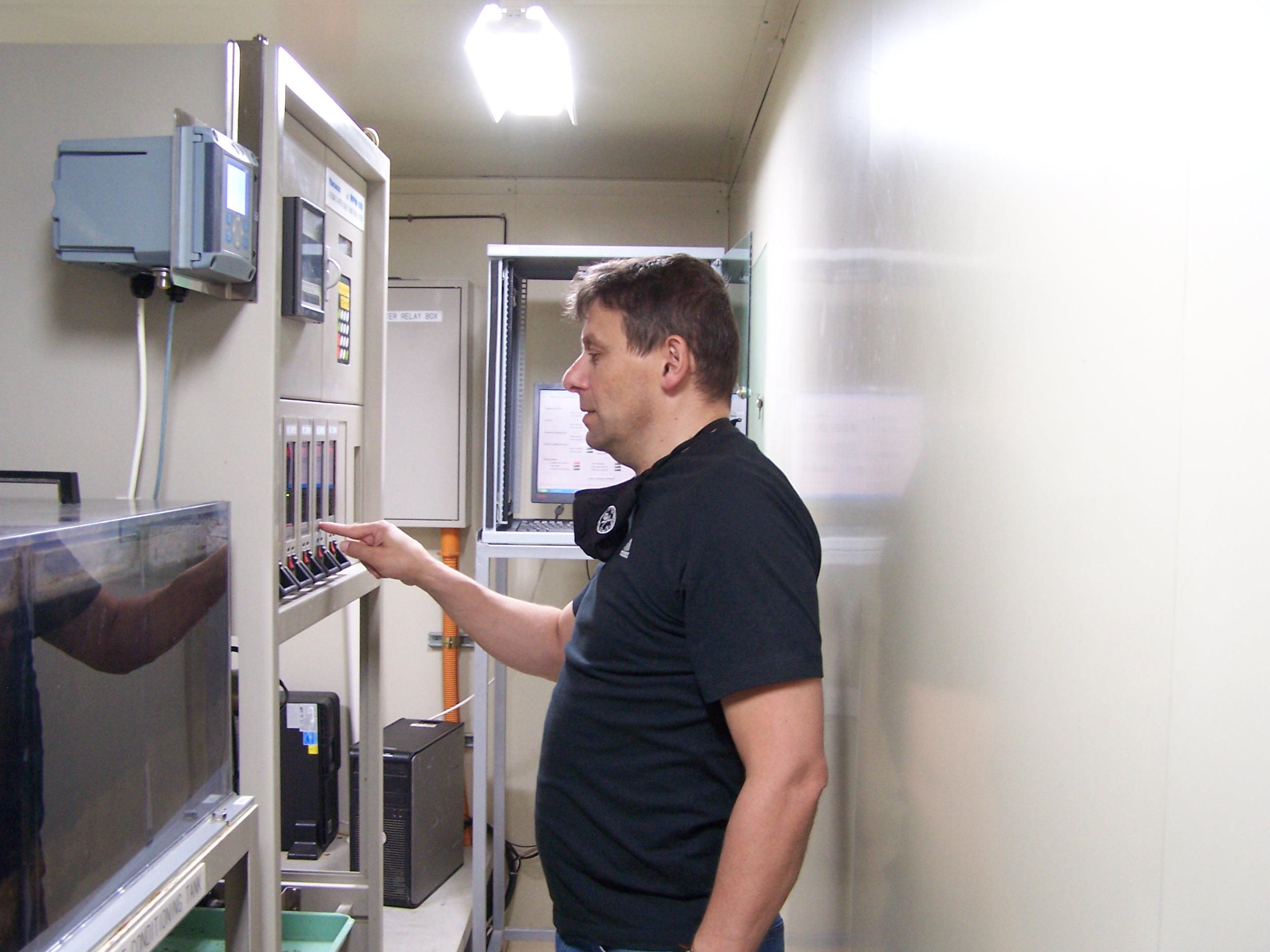
WHAT WE DO
EMARCU aims at operating and maintaining the "National Project for Real-Time Water Quality Monitoring" which comprised of 13 fully-automated monitoring stations located on the major surface water resources in Jordan, on Jordan, Yarmouk and Zarqa Rivers, King Abdulla Canal and King Talal Reservoir. Moreover, the data produced from this online system is used in Environment State of Jordan and Environmental Indicators reports.
JORDAN WATER SITUATION
Jordan is considered to be one of the four poorest countries worldwide in water resources. Jordan’s renewable water resources are limited and insufficient to meet national demand. There are growing signs of apparent over-use in an increasing number of watersheds and aquifers. The fresh-water share per capita per year has fallen from 500 m3 to less than 100 m3 in the 1975 and 2016, respectively. Water resources in Jordan consist of about 27% surface water, 59% groundwater, and 14% treated wastewater given the water-security threat to Jordan posed by water shortages, water security has become a major domestic issue as population increases rapidly with refugees entering the country because of conflict in neighboring countries.
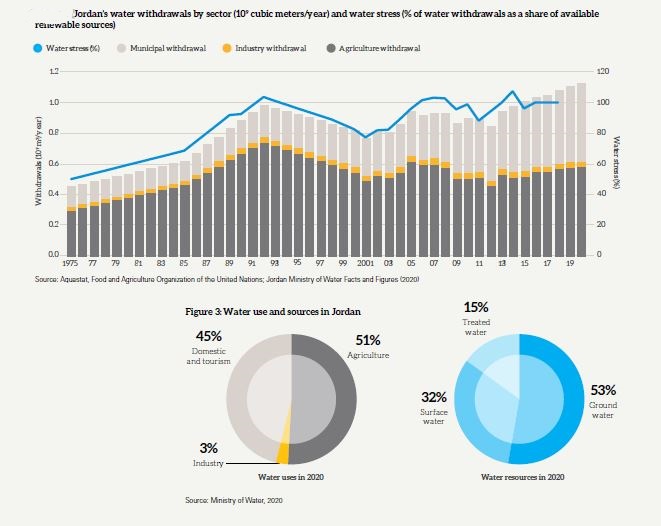
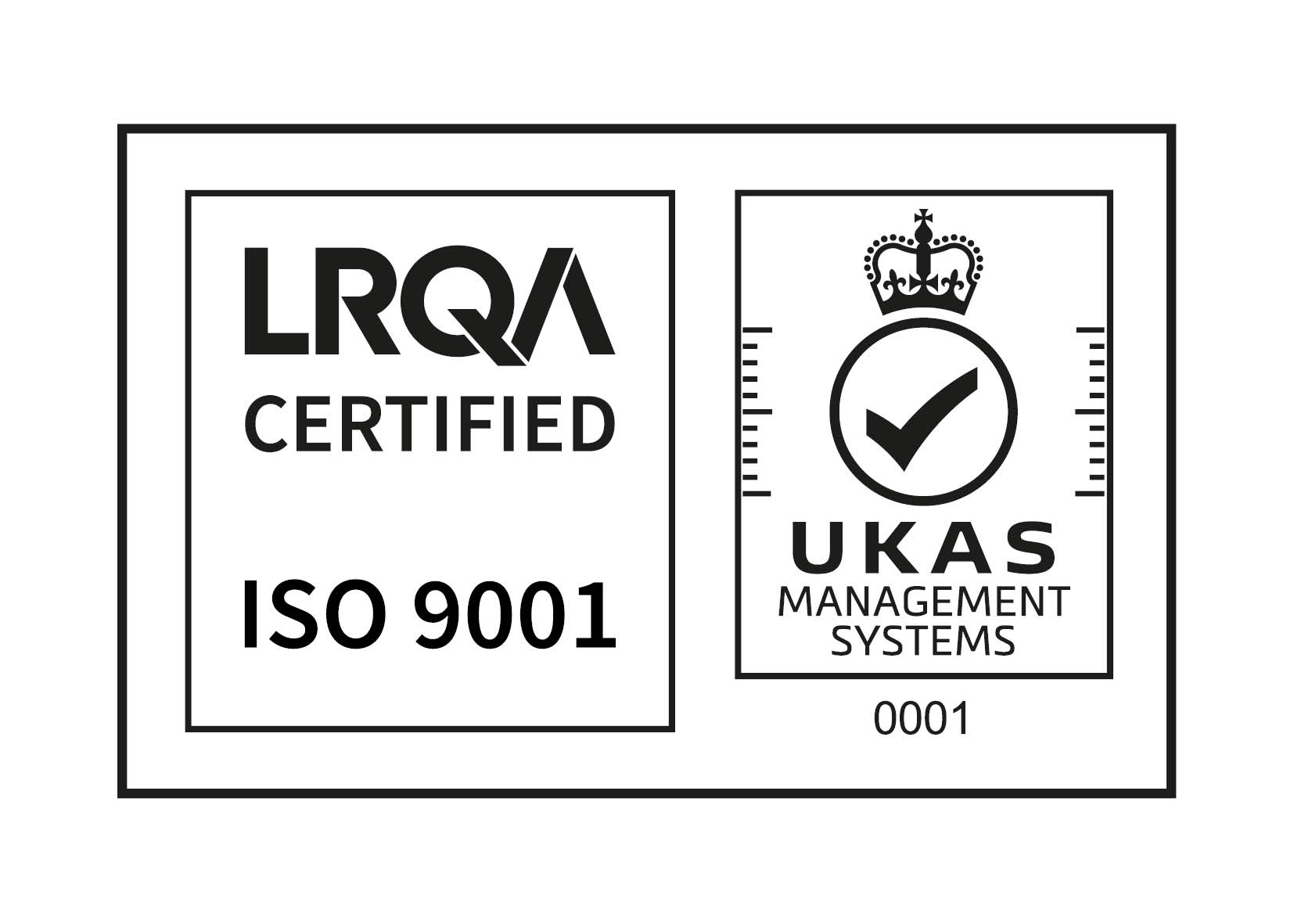
SYSTEM ACCREDITATION AND RECOMMENDATION
EMARCU system is successfully run and operated since 2003 and has been accredited by UKAS; it is the first online system to be accredited in the Middle East.
PROJECT JUSTIFICATION
National water resources and the water balance have negative impacts due to higher demand, over-abstraction, and the effects of climate change. There is severe competition among the socioeconomic sectors due to the exponential rise in water demand. The need to have water for domestic use, irrigation, and industrial and environmental protection poses serious water sustainability challenges. The economic development of the past two decades has created enormous pressure on the quality of the groundwater and surface-water resources. The main challenge for the future is meeting the growing national water demand for the medium to long term and keeping the water sources quality out of any pollution sources.
